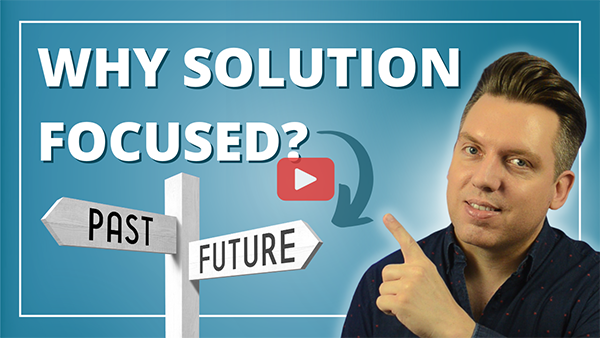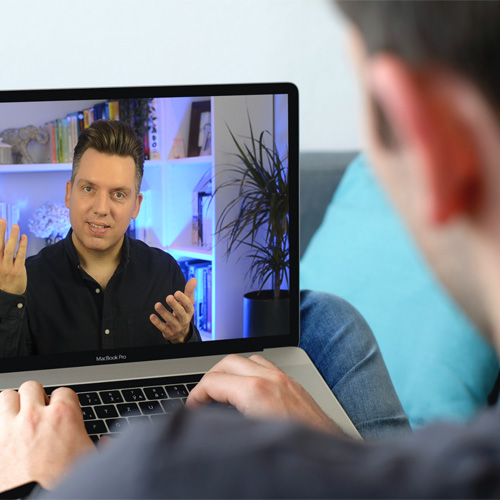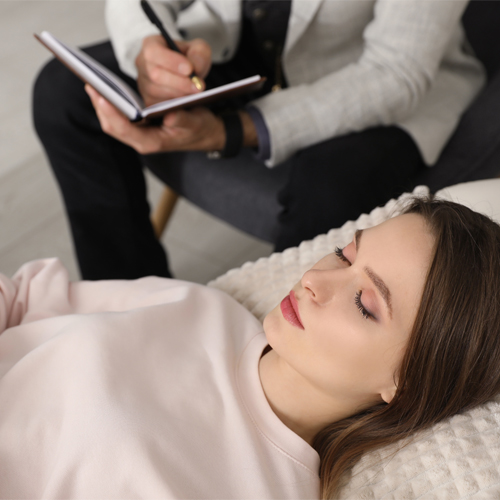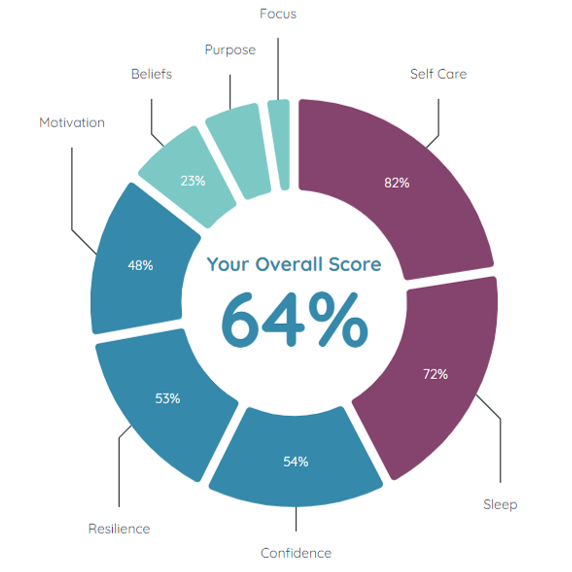What happens during hypnotherapy for anxiety? What to expect.
When you start hypnotherapy, you'll start by discussing your specific goals, issues or concerns with your hypnotherapist. It's a chance to explain exactly what's happening for you right now, in a supportive and confidential way. Importantly you'll also discuss the changes you want to achieve and your goals for the future when things are better, so the approach can be tailored for your needs.
During this initial session, you'll learn what triggers anxiety and how your brain works when you are anxious, and why you think, behave and suffer in the way you do and more importantly what can be done to help you. Importantly, you'll begin to learn simple strategies to calm you, lift your mood and manage your feelings in a more productive and helpful way which supports the positive changes you wish to achieve. You'll leave with a clear understanding of how hypnotherapy works and what we'll be doing in subsequent hypnotherapy sessions to help you achieve your goals. We don't use hypnosis in this first session, but you will receive my hypnotic relaxation audio track to listen to at home, which sets the wheels in motion for your subsequent sessions and helps you fully relax and sleep deeply.
![]()
After your initial consultation, hypnotherapy sessions combine positive talk therapy with hypnosis. Typically, you can expect to be discussing your progress and I'll be encouraging you to express yourself positively, focusing on solutions rather than dwelling on your problems. We use solution focused questioning to help you consider your future differently and refine the next steps or solutions that can help you move forwards. We often combine this with elements of Cognitive Behavioural Therapy (CBT) and Neuro Linguistic Programming (NLP) depending on your needs. This all helps you build more helpful patterns of thought that support positive your desired changes and you'll be pleased to notice as the beneficial changes occur; especially in the way you respond and think about the things which used to cause you a problem, in the past.
Once we've finished talking, we consolidate our work with hypnosis, for online hypnotherapy it's best to relax in a comfortable chair with your head resting back, or if possible, lying on a comfortable bed or sofa. We use soft background music and I'll guide you into a relaxed state, where you can simply enjoy listening and relaxing your mind and body, allowing your mind to focus on and further absorb and reflect on all the things we've discussed. As you relax, you enter a state of trance where your subconscious mind is more open to receive the positive suggestions being made for your benefit, without the conscious critical mind getting in the way. Hypnosis is extremely relaxing and uplifting, and you will be aware of everything around you remaining in control.
Frequently Asked Questions
How effective is online hypnotherapy for anxiety?
Online hypnotherapy is very effective for anxiety related conditions. In fact, some people prefer working online with their therapist because they are more relaxed and comfortable in their own space or home. Sessions follow the same process as in person sessions and as with any therapeutic approach, the success of therapy then relies on your willingness to engage and commit to the process. Several research studies support the efficiency of online therapy. Results have consistently shown that online therapy is just as effective as in-person therapy for a wide range of mental health conditions, including anxiety, stress and depression. The quality of therapeutic outcomes is comparable, ensuring clients receive the same level of care and support.
Does hypnosis work online for anxiety?
Yes, hypnosis is just as effective online as it is in-person, and it does not require being in the same physical room with the hypnotherapist. Online hypnosis works when you have a quiet comfortable space where you can fully relax. When you work online, your therapist will need to monitor your progress, so you'll need to make sure you can be seen from your device or laptop once it's time to begin the hypnosis. Being relaxed in this way help you achieve a deep state of hypnotic trance where your subconscious mind can consider your solutions discussed and is more open to the positive suggestions being made by your hypnotherapist for positive change.
What is the hypnotherapy session duration?
Typical hypnotherapy sessions last between around 50 - 60 minutes. Approximately half the session is talk therapy followed by relaxing hypnosis for the remaining time. Shorter or more extended sessions may be recommended based on your specific gaols and the therapeutic approach required.
Can hypnotherapy help with other mental health conditions?
Yes, hypnotherapy can help with other mental health conditions, which are often cause by or made worse by stress and anxiety such as depression, panic disorder, social phobia, post-traumatic stress disorder (PTSD) and insomnia. Hypnotherapy can also help you increase your self-esteem and confidence, overcome fears and phobias, stop procrastination, and manage chronic pain.
If you have any queries or questions about Hypnotherapy our would like to read 2024's most frequently asked questions on Hypnotherapy.

















